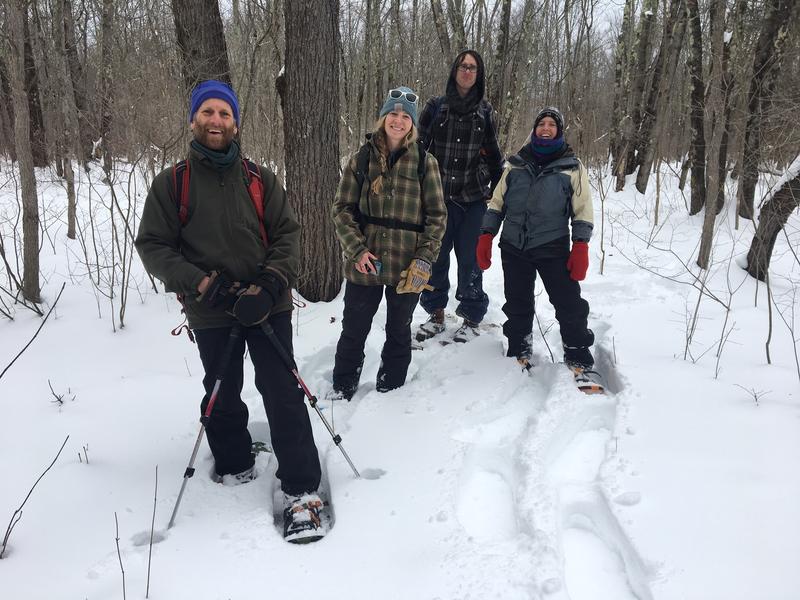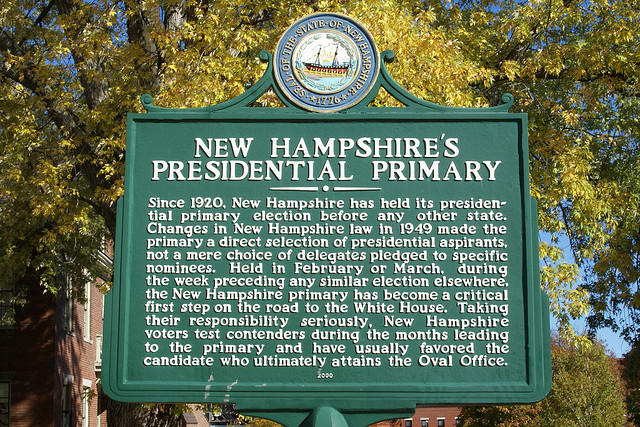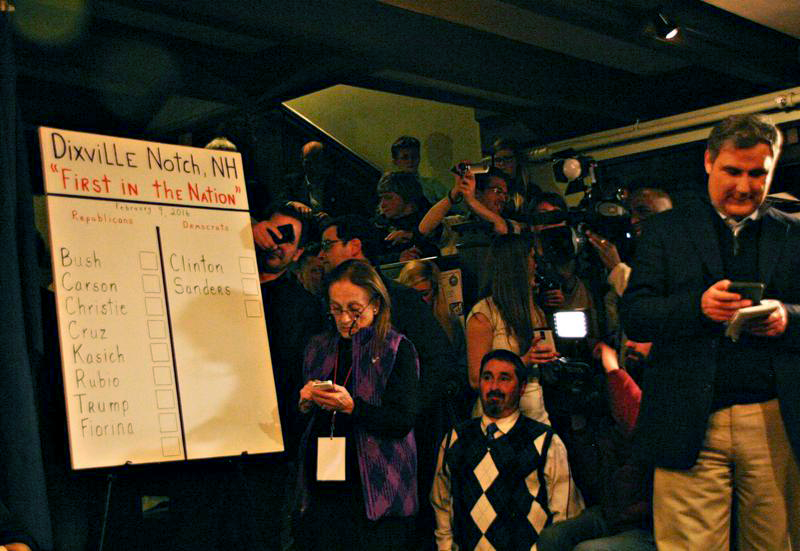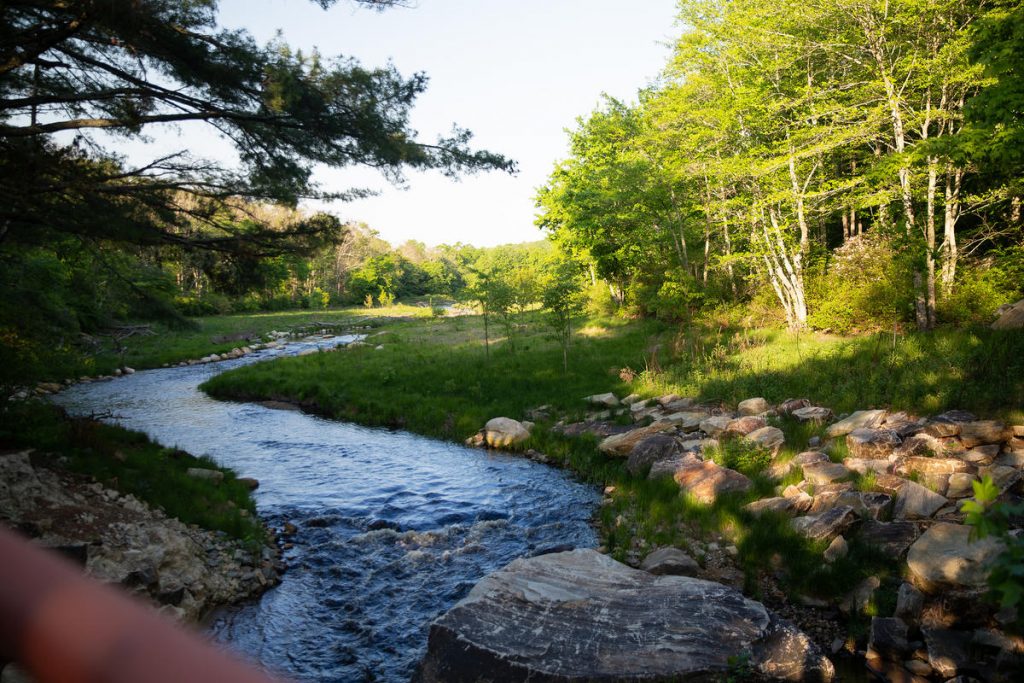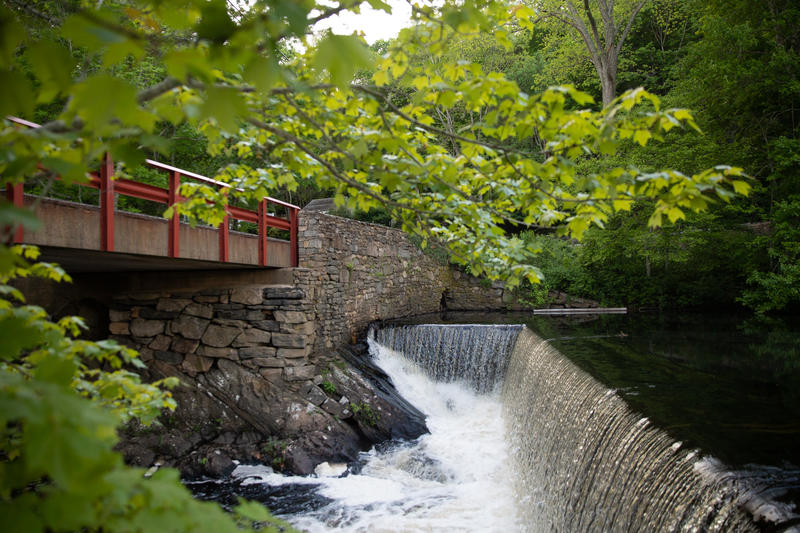Episode 133: Preserving Wetlands To Prevent Flooding; The New Hampshire Primary, One Year Out

This week on NEXT:
A year before the 2020 New Hampshire Primary, we take a look at what we can expect, and how the state’s impact on the election is changing.
Plus, we learn about the importance of wetlands and visit one in Vermont. And as more rivers in New England move towards that rare “Wild and Scenic” distinction, we visit a river that has received the honor.
Finally, we’ll hear a story about how education provided a man freedom in prison. Then we’ll visit a smoothie chain run by an exoneree.
It’s NEXT.
One Year Until the 2020 New Hampshire Primary
In about one year from today, if you can believe it, New Hampshire voters will participate in their 2020 Presidential Primary, famous for its long-time status as being first in the nation. The small state’s out-sized political role has made it a must stop for politicians of all levels of popularity. And the list of politicians who have visited the state so far is growing fast.
But this cycle, as other states move their primaries earlier, the role of the New Hampshire primary in the national race may be changing. Josh Rogers, NHPR’s Senior Political reporter tells us what we can expect from the Granite State in 2020.
Check out all of NHPR’s 2020 Primary coverage here.
Election Scrutiny Turns to Historic Dixville Notch
One of the New Hampshire primary’s many traditions starts right at midnight when the world’s attention will turn to the tiny North Country community of Dixville Notch. Since 1960, voters here have cast their ballots first in the nation. But a recent investigation into Dixville Notch’s elections could threaten the future of its midnight voting tradition.
For NHPR’s State of Democracy Project, Casey McDermott reports.
Protecting New England’s Wetlands
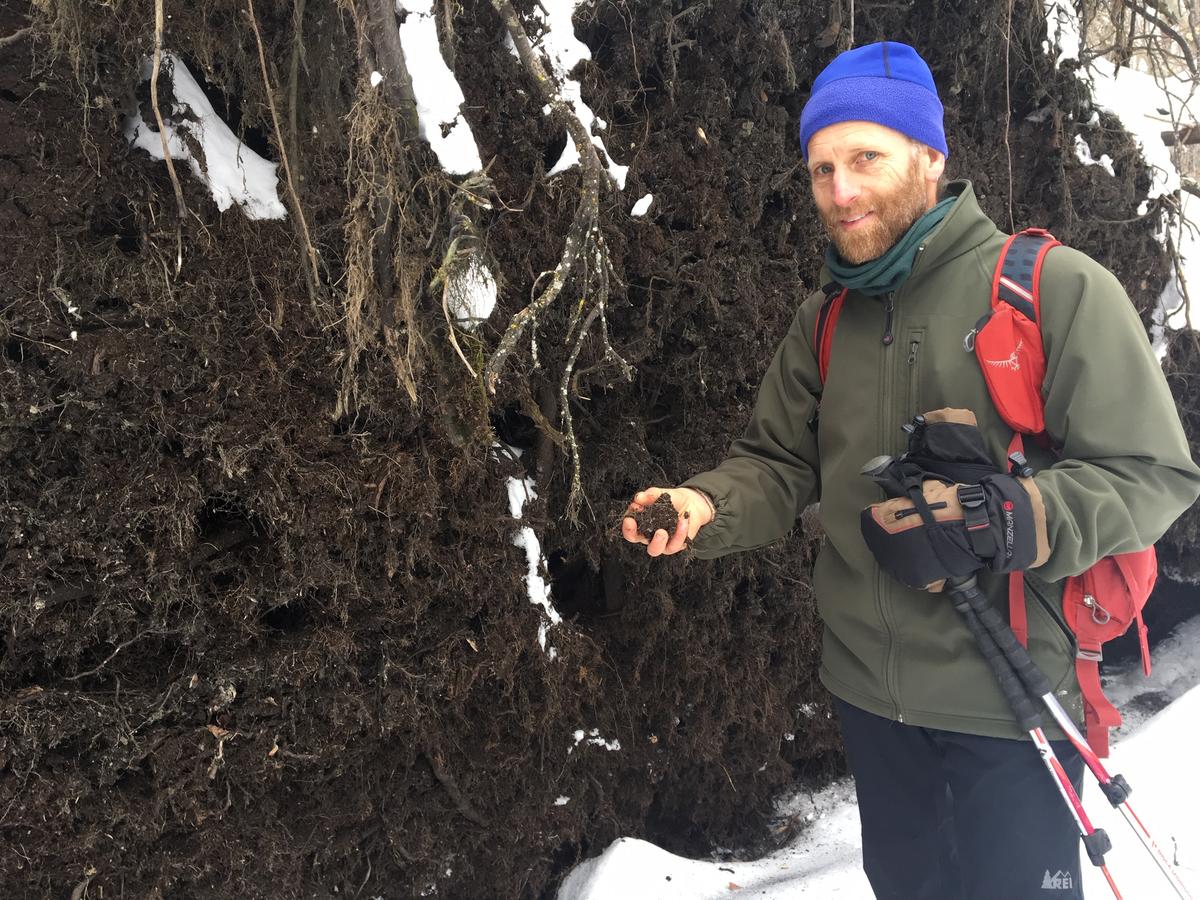
Scientist Marc Lapin checks out the rich organic material revealed by a fallen tree in the Cornwall swamp. Photo by John Dillon for VPR
In a region crisscrossed by so many rivers and streams, wetlands play an enormous role. They provide a unique ecosystem for plants and animals, and an important buffer during hurricanes and other natural disasters. But, they’re also seen as an impediment for those who want to develop on or near them, and the way they’re protected could change under new EPA rules.
We called up Rick Van de Poll, a certified wetland scientist based in New Hampshire, to learn more.
But even if national rules change, states still have a lot of power in protecting these ecosystems. Take Vermont for example. Vermont’s largest wetlands area stretches 15 miles along the Otter Creek in Addison and Rutland counties. The area is richly diverse and hosts rare plant and animal species. The wetlands also serve as a giant sponge capable of absorbing flood waters.
VPR’s John Dillon reports that in the midst of the Trump administration’s proposed changes, local groups are talking to the state about how to provide greater protection for the Otter Creek wetlands.
More New England Rivers Move Towards ‘Wild and Scenic’ Status
- The journey began at Chapman Falls in Devil’s Hopyard State Park. No one is entirely sure how the park got its unique name, but there are lots of stories. Photo by Ryan Caron King for Connecticut Public Radio
- While the Ed Bills Pond dam was removed, guiding stones were used to redirect the river to flow down its historic path. Just a few years ago, most of this area was covered in water. Photo by Ryan Caron King for Connecticut Public Radio
- The view from a century-old bridge crossing the Eightmile River in Salem, Conn. Photo by Ryan Caron King for Connecticut Public Radio
- A dam on Moulson Pond along a section of the Eightmile River in Lyme, Connecticut on May 24, 2018. Photo by Ryan Caron King for Connecticut Public Radio
- David Bingham of Salem talks with WNPR reporter Patrick Skahill near a century-old bridge crossing the Eightmile River in Salem. Photo by Ryan Caron King for Connecticut Public Radio
Given proposed rule changes that could threaten wetlands protections, it’s interesting to see a big, bipartisan effort at the federal level to conserve land and provide protections for our region’s rivers.
More than 65,000 miles of river run throughout New England, many of those miles heavily populated and industrialized, like the Connecticut River. But only about 360, or less than one percent, of those miles have achieved a rare national distinction: “Wild and Scenic.” These are rivers designated by Congress as having special natural and cultural importance.
A newly-passed Senate bill would add the wild and scenic designation to sections of the Nashua River in Massachusetts and New Hampshire, sections of the Lower Farmington River and Salmon Brook River in Connecticut, and sections of the Wood-Pawcatuck watershed in Rhode Island and Connecticut. The bill is expected to go to the House later in February.
Last year, Connecticut Public Radio’s Patrick Skahill took us out on one of the rivers that already has that designation, the “Eightmile” in southeastern Connecticut.
Exoneree Now Runs Smoothie Chain

Mark Schand scoops ice cream at his Sweetwater smoothie cafe in New Britain, Connecticut. Photo by Karen Brown for NEPR
A man who spent almost three decades in Massachusetts prisons, wrongfully, it turns out, is now opening a chain of smoothie restaurants in Connecticut. Five years after a judge vacated his conviction, and a year after a hard-fought settlement from the government, Mark Schand says he’s making up for lost time.
New England Public Radio’s Karen Brown Reports.
How Education Helped Jose Bou Find Freedom in Prison
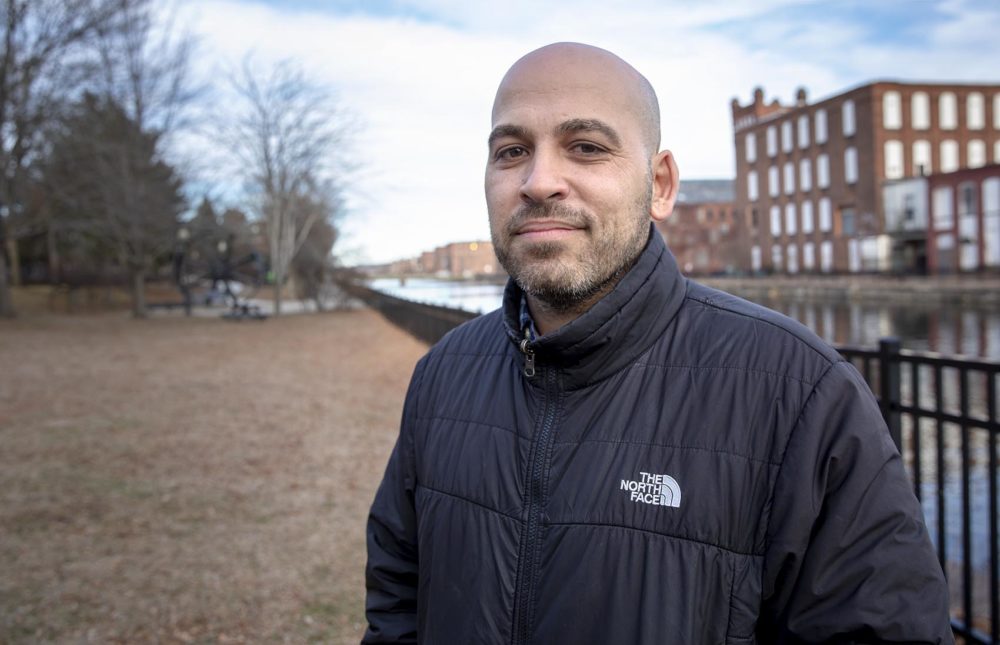
Jose Bou, Equity Family And Community Partnerships Manager with Holyoke Public Schools, by the first level canal in Holyoke. Photo by Robin Lubbock for WBUR
For many people, the experience of getting an education is full of small moments that make a big impact. WBUR’s Edify Desk is exploring those deeply personal stories in a new monthly series called Lessons Learned.
The first story in the series comes from Jose Bou, who brings us back to an experience he had while serving a 12-year prison sentence. Jose Bou now works with Holyoke Public Schools, helping reduce chronic absenteeism and coordinate student families with school leaders.
Lessons Learned is produced by WBUR Edify Reporter Carrie Jung. You can share your stories about definitive moments in education on WBUR’s website.
Photo at the top of the page: From left: Marc Lapin of Middlebury College, along with Tina Heath, Charlie Hohn and Zapata Courage from the state wetlands program. They recently toured the Cornwall swamp section of the Otter Creek wetlands. Photo by John Dillon for VPR
About NEXT
NEXT is produced at Connecticut Public Radio
Host: John Dankosky
Producer: Lily Tyson
Digital Producer: Carlos Mejia
Senior Director: Catie Talarski
Contributors to this episode: Josh Rogers, Casey McDermott, John Dillon, Patrick Skahill, Karen Brown, Carrie Jung
Music: Todd Merrell, “New England” by Goodnight Blue Moon, “No Surprise” by The Shacks, “River” by Ibeyi
—
New to NEXT? You can find every episode or one you missed within our archives.
We need your feedback! Send critiques, suggestions, questions, and ideas to next@ctpublic.org. Help us spread the word! If you like what you hear, rate and review us on iTunes.

